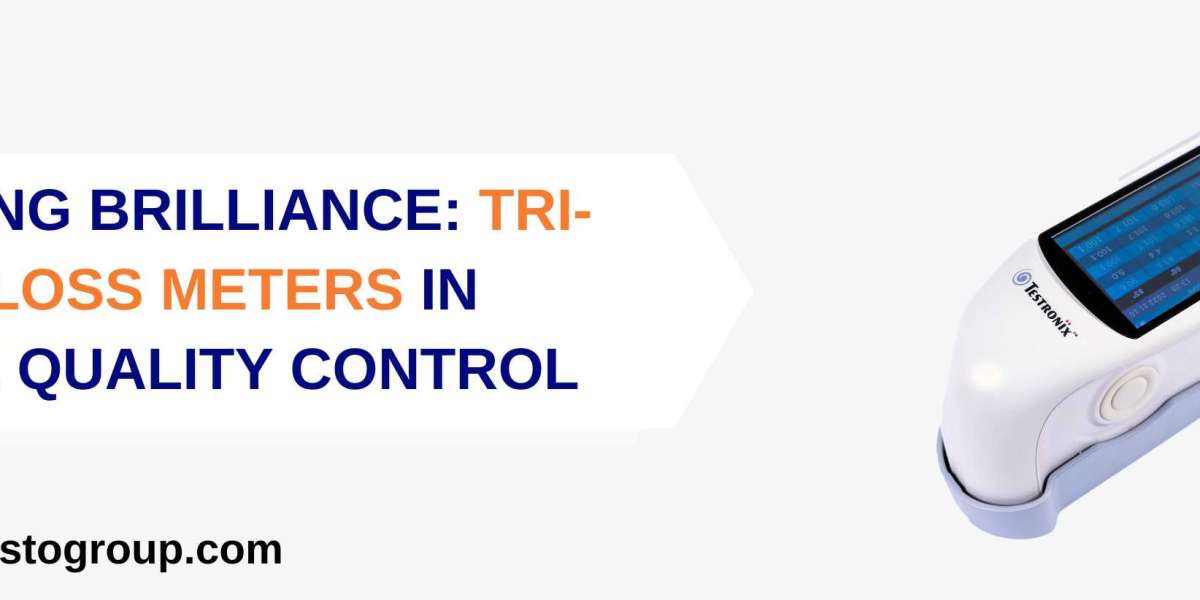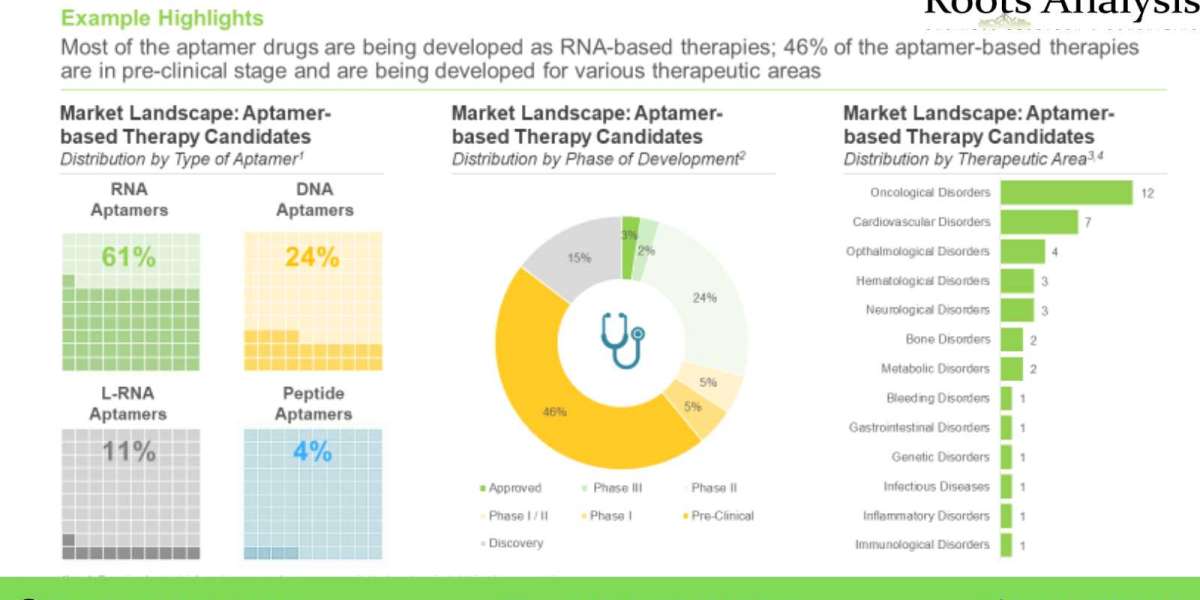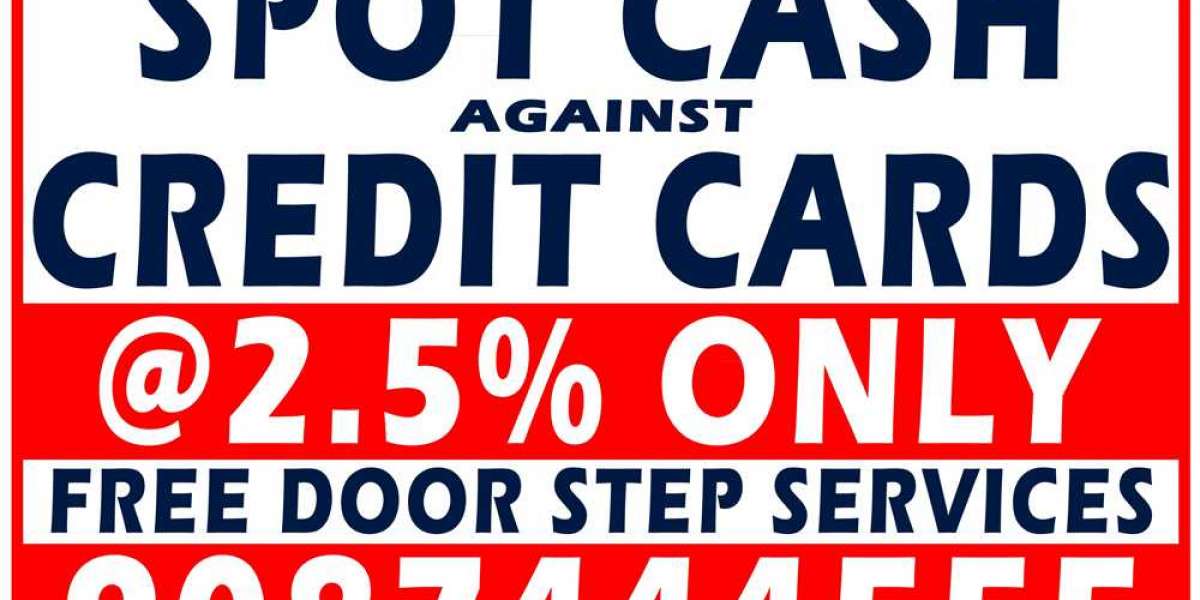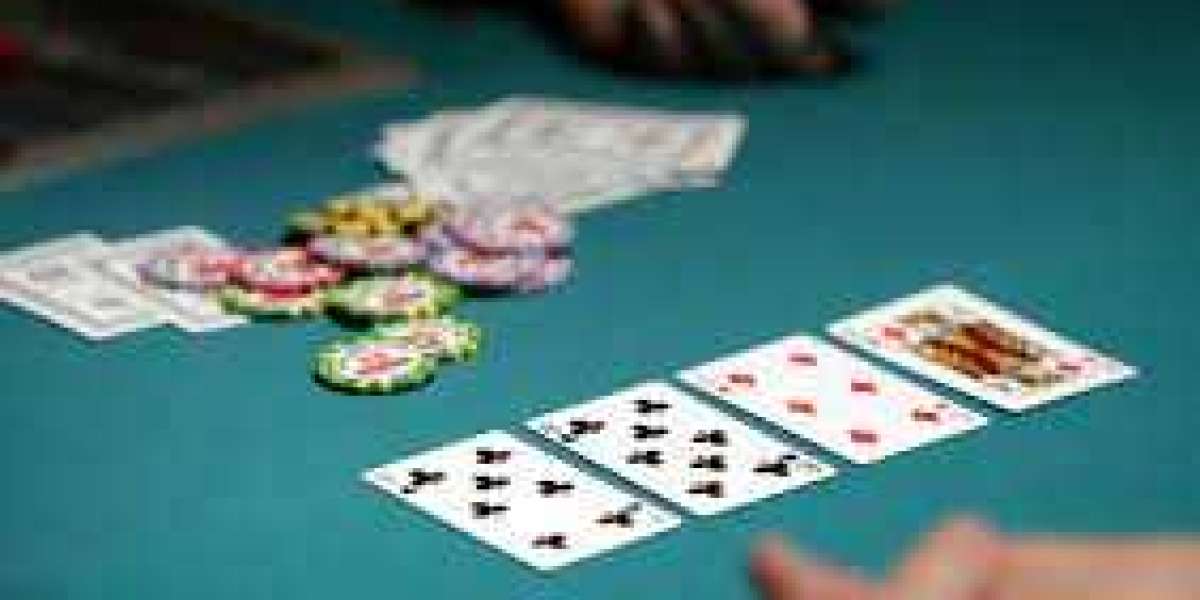For various industries like paint and coating, plastic, and packaging industries, the measurement of gloss is a necessary part. This is because this will help them to maintain the visual quality of products. If you are searching for the best testing instrument that can be used to measure the gloss of various test samples, then we suggest you go with a gloss meter from Testronix. This is one of the amazing testing instruments that will measure the gloss of the surface easily and effectively.
Gloss Meter Tri-angle, a product by Testronix, is the best and high-quality testing device which is provided with different geometrical angles to measure the gloss reflection on a surface of a material. The Gloss Meter Tri-angle is used to determine the gloss of a particular surface appropriately and also ascertain the amount of reflected light. The Gloss Meter – Triangle is available in different geometries depending upon the type of surface to fulfill the testing requirements of a vast number of customers. Presto is an authorized dealer of Testronix Gloss Meter – Tri-angle.
A paint gloss meter is used to test the gloss of different kinds of materials such as ceramics, paper, paint, metals, and plastics. Here is some gloss meter specification, this device is highly portable, accurate, sensitive, and compact which is available in different models basically for laboratory testing purposes. It has a handy battery-operated model which is provided with various measuring geometrical angles i.e. 20 degrees, 60 degrees, and 85 degrees. The testing device is used to measure the whiteness or brightness of plantation white sugar as well as to measure the reflectance of fabrics.
The digital gloss meter offers excellent correlation with visual gloss or shining of the flat object. The correlation reduces if the sample changes from being flat. A gloss meter calibration test process is widely used to ascertain the appearance of shine on the surface and the surface quality as well. The device is best enough to measure the brightness or gloss of paints, plastics, opaque glasses, porcelains, ceramics, paper, pigments, clothes, powders, etc.
This testing instrument has been made in accordance with different industry standards like ISO2813, GB/T 9754, ASTM D523, and ASTM D2457. With the help of this testing instrument, you can easily find the correlation between shining and visual gloss when the sample is placed on a flat surface. The gloss meter 60 degree will measure the gloss depending on the type of surface. The object’s gloss is a matter of concern because it contributes to emotive visualizations of an object. If the gloss is deteriorating on a salable piece of ceramic material, then it will not be able to attract human vision much. You can get the best gloss meter price by Presto stantest.
You can assess the gloss value of the surface and get its test results with a large screen and high resolution with the full-view display. This testing instrument has an auto power-off function that will help to save electricity consumption. You will find a protective cover with a measuring aperture and has a built-in calibration plate that is used for instrument calibration. Thus, with the help of the Testronix gloss meter-triangle, you will be able to improve your product quality by determining the value of gloss. Presto is the best gloss meter supplier in India.
The gloss property of the object displays the change in the strength of reflections with different viewpoints. Thus, the gloss meter has all-three gloss ranges of measurement that can be taken at different angles. The gloss meter provided by us has been equipped with several amazing features that will help to determine the gloss level. We offer an excellent choice of gloss meters that will provide you with accurate gloss value. To operate this amazing testing instrument, you need to follow the below-mentioned steps:
- Long press the switch button for 3 seconds to turn on the instrument.
- The LCD screen will display the boot logo. After a few seconds, it will enter into the measurement interface automatically.
- The instrument will enter the standby mode if without operation within five minutes and it will turn off automatically if without operation within one minute in standby mode.
In this way, you can easily conduct the test and determine the gloss value of the material. The instrument has an auto-calibrating function. But for flexible use, it has an optional designation to judge whether it will auto-calibrate at startup. If the last power-off is manual, it will calibrate automatically when it turns on next time.
Due to environmental changes (such as the rapid change of temperature, altitude, and humidity), it must be calibrated from time to time. In order to ensure accuracy, please use the original standard plate for calibration. The dust on the standard plate will affect calibration accuracy. Please avoid it from strong sunlight. Due to environmental factors, the gloss value of the standard plate will change over time. Therefore, it’s better to send it back to the factory or to a qualified local National Institute of Metrology for the calibration (once a year).
Features of Gloss Meter – Tri-angle
- The instrument is compact, sensitive, and highly portable in nature.
- The testing device measures the whiteness, shine, or brightness of various materials such as plastics, opaque glasses, ceramics, etc.
- It is featured with 20o, 60o, 85o angles.
- Easy to operate.
- It is designed with user-friendly features.
Technical specifications
- Measuring Area (In mm): 85°: 5x36mm, 60°: 9x15mm, 20°: 10x10mm.
- Division value: 0.1 GU
- Measuring Range: 20°:0~1000GU, 60°:0~1000GU, 85°:0~160GU
- Measurement Units of Gloss:
- Range of the Device – 0-10GU, 10-100GU, 100-1000GU
- Reproducibility of the Device – ± 0.2GU, ± 0.5GU, ± 0.5%GU
- Repeatability of the Device – ± 0.1GU, ± 0.2GU, ± 0.2%GU
- Measurement Standard: JJG696 First class Gloss Meter working requirement
- Chromaticity Corresponding: CIE 1931(2°) under CIE C light source
- Standard Accessories: Power Adapter, User Manual, USB cable, Calibration Plate, and software CD (except basic model)
- Different geometry degree measurements are also available.
In conclusion, Tri-Angle Gloss Meters have proven to be invaluable assets in the pursuit of excellence in various industries. Their ability to shed light on surface shine and reflectivity empowers professionals to make well-informed decisions, leading to enhanced product performance and overall customer satisfaction.








